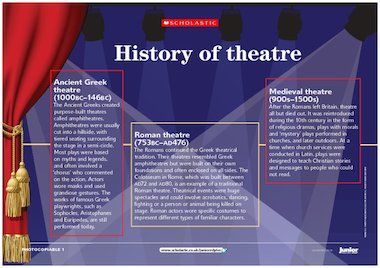Throughout history, theater and drama have been instrumental in shaping societies, cultures, and individuals. From the ancient Greek tragedies to modern Broadway productions, the art of theater continues to captivate audiences and provoke thought.
The Origins of Theater
The origins of theater can be traced back to ancient Greece, where the art form was born out of religious rituals honoring the god Dionysus. The Greeks used theater as a means of storytelling, education, and entertainment, with playwrights like Sophocles and Euripides creating timeless works that are still performed today.
The Renaissance and Shakespeare
During the Renaissance period, theater experienced a resurgence in popularity, particularly in England. Playwrights like William Shakespeare emerged during this time, producing some of the most iconic works in theatrical history. Shakespeare’s plays, such as “Romeo and Juliet” and “Hamlet,” continue to be performed around the world and studied in schools and universities.
The Rise of Modern Theater
As society evolved, so did the art of theater. The 19th and 20th centuries saw the rise of modern theater movements, from realism to surrealism to avant-garde. Playwrights like Anton Chekhov, Tennessee Williams, and Samuel Beckett pushed the boundaries of storytelling and challenged audiences to think differently about the world around them.
Contemporary Theater and Globalization
Today, theater is a global phenomenon, with productions spanning across continents and cultures. From the bright lights of Broadway to the experimental theaters of Berlin, contemporary theater continues to evolve and adapt to the changing times. The rise of digital technology has also opened up new possibilities for theater, with live-streamed productions and virtual reality experiences becoming increasingly popular.
The Impact of Theater and Drama
Theater and drama have the power to inspire, provoke, and unite people from all walks of life. Whether it’s through a powerful monologue, a poignant musical number, or a thought-provoking play, theater has the ability to touch the hearts and minds of audiences in a way that few other art forms can.
The Future of Theater
As we look to the future, it’s clear that the art of theater and drama will continue to play a vital role in society. With new technologies and storytelling techniques constantly emerging, the possibilities for theater are endless. Whether you’re a theater enthusiast or a casual viewer, the rich history of theater and drama is something worth exploring and celebrating.

